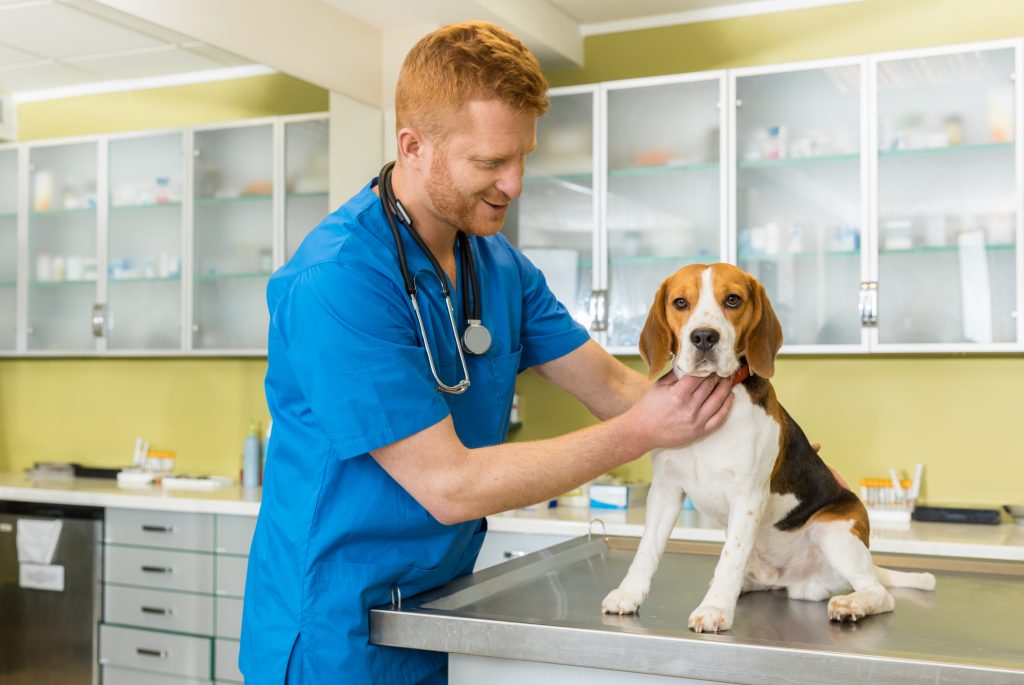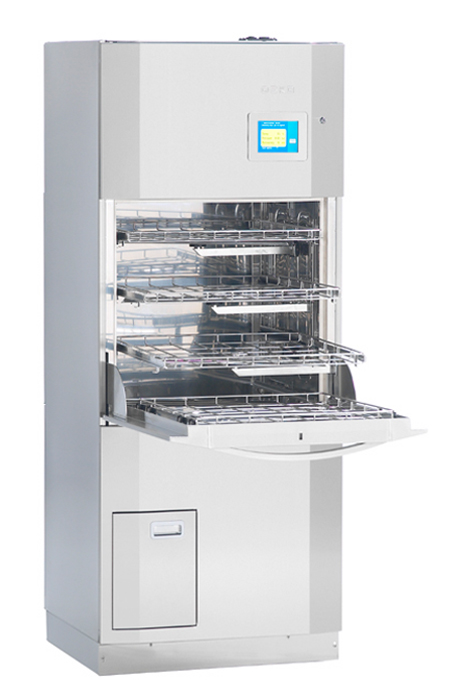 It seems that people love animals. According to the BBC, 3.2 million households in the UK acquired a pet during the pandemic. Luckily, most of these pets become treasured members of the family. So, of course, it’s a major worry if a pet were to become sick.
It seems that people love animals. According to the BBC, 3.2 million households in the UK acquired a pet during the pandemic. Luckily, most of these pets become treasured members of the family. So, of course, it’s a major worry if a pet were to become sick.
Pet owners want to be reassured that their veterinary practice is safe and clean. So, with it being National Pet Month and World Veterinary day on the 30th of April, we thought we’d show how vets keep animals safe while in their care.
 Visiting the Vets
Visiting the Vets
Pets visit a vet for many different reasons. Unfortunately, many animals find themselves ill and therefore vulnerable. This is why maintaining high levels of hygiene in a veterinary practice is so important.
Not only can an ill animal bring into the practice dangerous infections that can harm staff and other patients, but they are also vulnerable, making them susceptible to contracting infection themselves.
Whenever an animal enters a vet, it should be assessed to assess its infectious disease risk. Depending on this assessment, animal patients can be categorised into four tiers.
Tier 1
These are animals who are immune-compromised, critically ill or unvaccinated. They should be housed in the main hospital area or intensive care if required.
Tier 2
These animals may be having elective surgical procedures or have suffered minor trauma.
Tier 3
These animals have an infectious disease considered mildly or moderately contagious to others. They can be housed in the general hospital areas as long as barrier nursing protocols are provided
Tier 4
These patients have or are suspected of having a highly contagious disease. They must be kept in isolation until they’re discharged.
Evaluating patients initially plays a part in keeping pets safe. Once animals have been admitted, all routine practices should be used to limit the transmission of microorganisms.
- Good hand hygiene is essential
- PPE must be worn
- The cleaning protocol must be carried out regularly and rigorously
- All staff must be trained in health and safety
As simple as these things sound, they all play a vital role in keeping pets safe during their stay.
When we talk about cleaning protocols, people often only think about cleaning the surgery itself. This is obviously extremely important, but equipment cleaning must also be considered carefully.
Keeping reusable equipment safe
Single-use equipment such as hypodermic needles should not be re-sterilised for re-use. They need to be appropriately disposed of immediately after use.
All reusable equipment must be cleaned and disinfected according to its use and the manufacturer’s recommendations. If they are not cleaned and disinfected correctly, this equipment can pose a dangerous risk.
Some veterinary equipment is deemed non-critical, so they don’t need to be disinfected or sterilised. However, most vets make cleaning decisions based on the patient’s current situation.
So, if a non-critical or semi-critical device has been used on an animal suspected of having an infectious disease, the equipment must be cleaned and disinfected or sterilised.
 Use a washer disinfector
Use a washer disinfector
Using a washer disinfector guarantees that all reusable equipment is cleaned and disinfected correctly. The powerful jets wash away all organic material, be it faeces, urine or blood. Detergent is then used for a powerful clean. Finally, thermal disinfection is carried out, ensuring all dangerous pathogens are removed from the equipment.
Having an automated cleaning system not only makes the whole process safer, but it also gives you and your staff more time to do what they love doing – caring for animals.
Dekomed can help
Ensuring all equipment is safe to use must be a top priority for all veterinary practices. If you are looking to invest in a new washer disinfector, take a look at our range of state of the art washer disinfectors. We can help you decide which machine will be best for your veterinary practice. We can install the machine and carry out regular service checks to make sure it is always working its best for you.
To find out more, call us on 0161 483 7333


